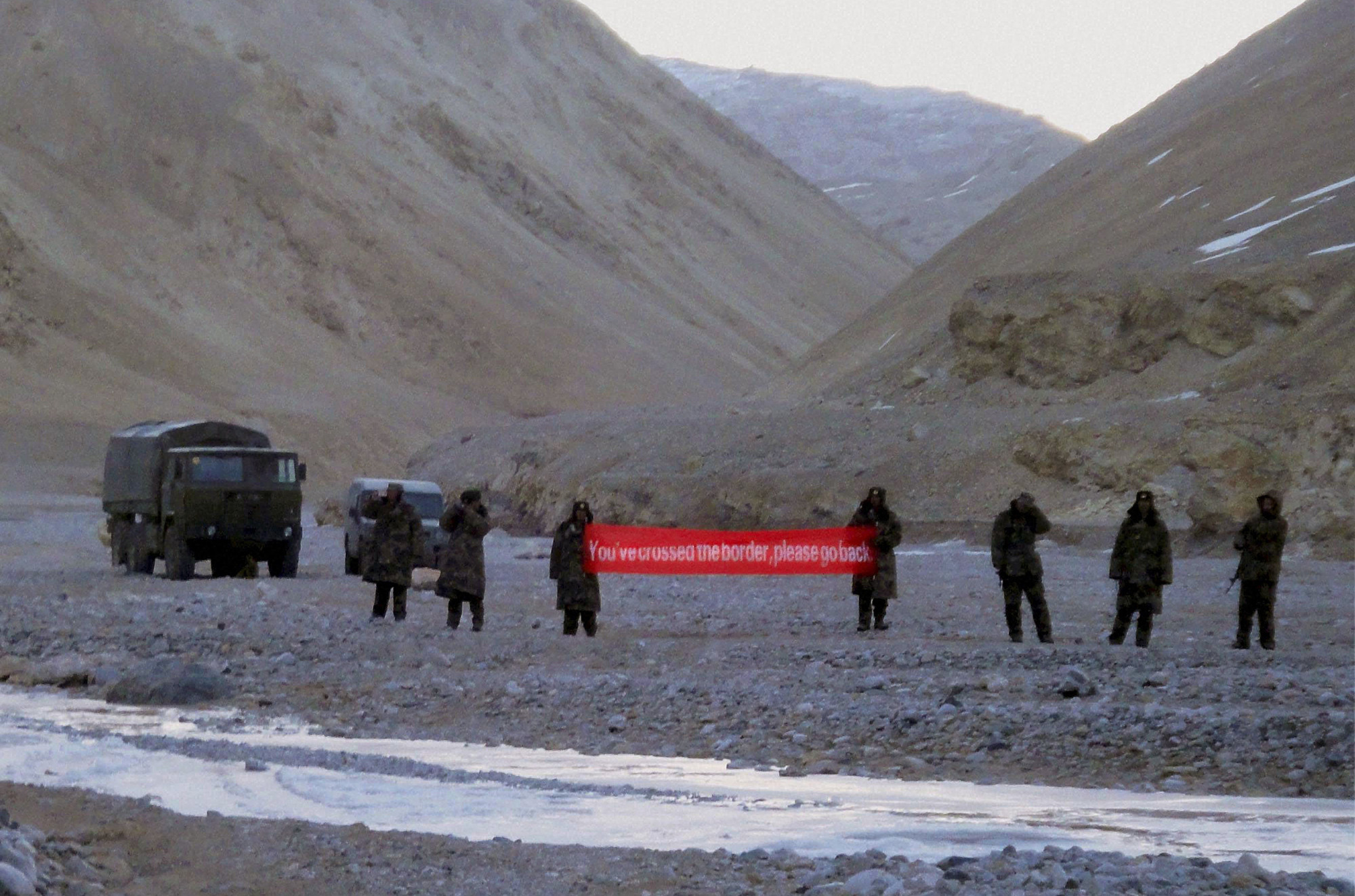In Kashmir, shells and bullets regularly fly back and forth across India's de facto border with Pakistan. Yet, although India's 4,000-km border with China is similarly disputed, not a single shot has been fired in anger there for decades. That may soon change. There are genuine fears in New Delhi that the long period of calm may not last. And whether it does or not, the latest standoff in the Himalayas is sure to change India.
A weekslong confrontation on the shared border between China, India and tiny Bhutan — the sort that barely makes the headlines outside the countries involved — has lasted longer than usual, and neither side looks ready to back off. Troops have had shoving matches and now stare one another down from encampments just kilometers apart. Although previous confrontations have been quietly resolved, this time some Indian strategists believe China will soon be tempted to launch a limited punitive strike as a reminder of its military superiority.
Clashes between India and China don't usually matter to the rest of the world. Even when the two countries fought a short and bitter border war in 1962, the world's attention was fixated on the brewing nuclear crisis in Cuba. While Indians have never quite forgotten our humiliating loss in that war, China has rarely chosen to remind us of it. This time, however, the usual chest-beating from India's hyper-patriotic news media has been matched by similar noises from over the border. The state-controlled People's Daily even posted a bellicose editorial from 1962 on its Weibo account.

















With your current subscription plan you can comment on stories. However, before writing your first comment, please create a display name in the Profile section of your subscriber account page.